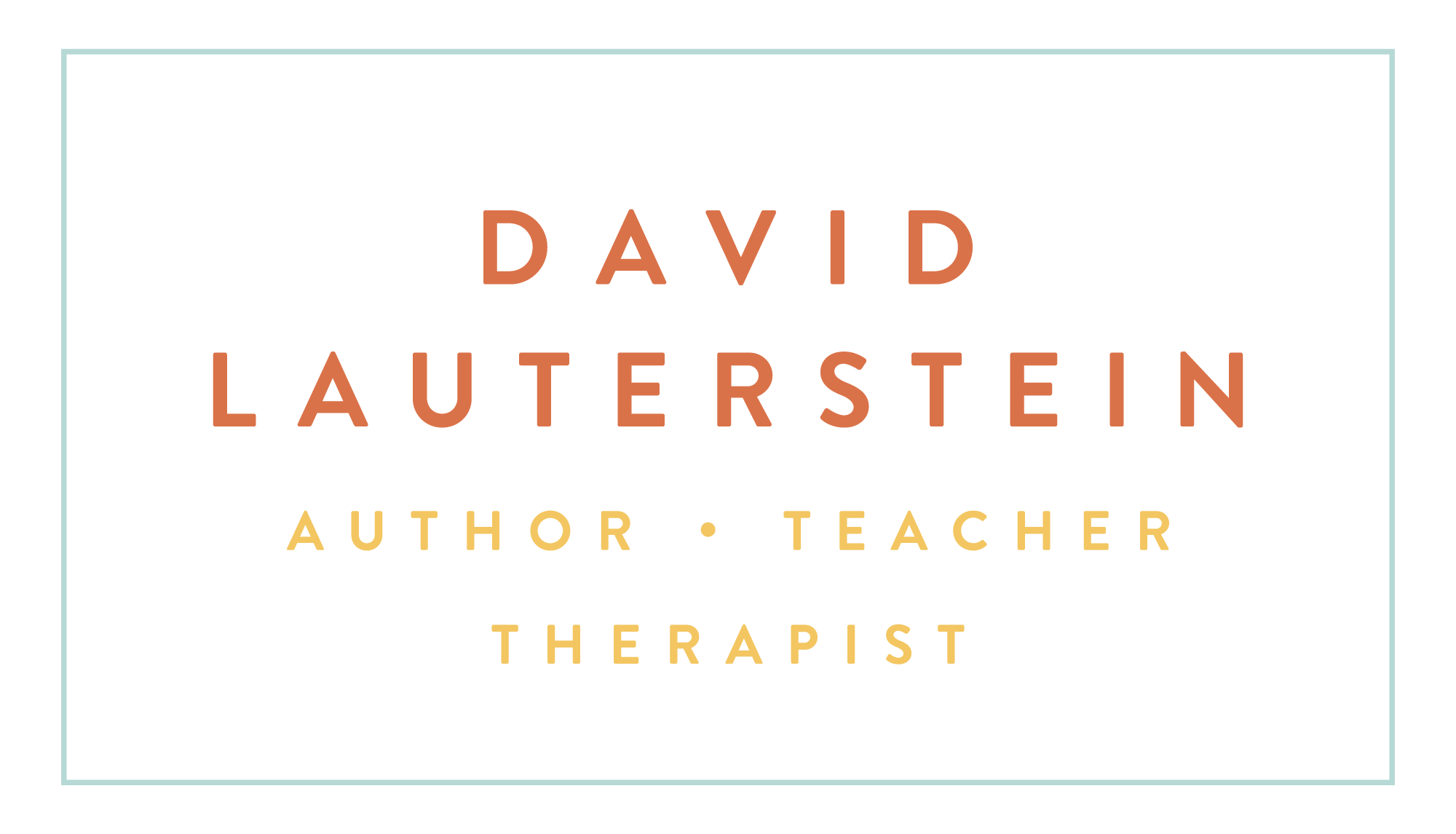TWO MOST IMPORTANT POETRY BOOKS
The two most important books of poetry for me as a young man were my introductions to non-North American writers. Both editions are out of print but happily in this world, almost anything can be ordered.
The first was “Modern European Poetry” edited by Willis Barnstone, issued as a Bantam paperback. This brilliant anthology was organized by country: I remember taking particular notice, among the 80 poets featured, from France, Apollinaire, Eluard, and Henri Michaux; Germany: Rilke, Gottfried Benn, Brecht;. Greece: Elytis and Yánnis Ritsos; Italy: Montale and Cesare Pavese; Russia: Mayakovsky, Akhmatova; Spain: Machado, César Vallejo, Lorca and Neruda.
Interestingly many of the poets said to be from Spain were actually from South America, Vallejo from Peru and Neruda from Chile.
It was Vallejo who haunts me the most. His way with words and emotions was stunning and remains so to this day. About him, Thomas Merton said, “César Vallejo is the greatest catholic poet since Dante – by catholic I mean universal.”
Reading Vallejo and many of the European poets now brings me back to the apocalyptic feelings accompanying the 1960’s and early ‘70’s. We resonated with the shock and despair, often feeling a kinship with these poets whose lives reflected, in many cases, the terrible sufferings of the first and/or second World Wars. Their words ring true, heartrendingly so, now again as we encounter in our own time, a world suddenly darkened by the pandemic, climate change, political regressions and repressions.
Vallejo looked directly, with startling juxtapositions of syntax, into the face of inhumanity with a deep feeling for the commonality of all who live subject to the abuses created by the will to political and financial dominance at the expense of just about everyone.
There was a little book, “Neruda and Vallejo: Selected Poems” with translations by Robert Bly and others – that is still in print happily.
The original edition of Poemas Humanos/Human Poems by Vallejo was translated with great passion by Clayton Eshleman. Here is an edited version of his translation.
The Nine Monsters
And, unfortunately,
pain grows in the world every moment,
grows by thirty minutes a second, step by step,
and the nature of the pain, is the pain twice
and condition of martyrdom, carnivorous, voracious,
the pain, twice
and the function of the purest herb, and the pain
twice
and the good of bėing, to feel redoubled pain.
Never, fellow humans,
was there so múch pain in the chest, in the lapel, in the wallet,
In the glass, in the butcher’s shop, in arithmetic!
Never so múch painful tenderness,
never did what is far rush so close,
never did the fire ever
play better its role of dead cold!
Never, Mr. Minister of Health, was health
more mortal,
and migraines extract so múch forehead from the forehead!
and the furniture have in its drawer, pain,
in the heart, and in the drawer, pain,
the lizard in its drawer, pain.
The wretchedness grows, fellow humans,
faster than the machine, than ten machines, and it grows,
with the cattle-head of Rousseau, with our beards;
evil grows for reasons we know not
and is a flood with its own liquids,
its own clay and its own solid cloud!
Suffering inverts positions, and functions so that
the watery humor is vertical
to the pavement,
this eye is seen and this ear heard
and this ear strikes nine times at the hour
of lightning, and nine big laughs
at the hour of wheat, nine female sounds
at the hour of weeping, and nine songs
at the hour of hunger, nine thunders
and nine whips, minus a cry.
The pain grabs us, fellow humans,
from behind, in profile,
and drives us crazy in the movies,
nails us up on the gramophones,
Unnailing us from the beds, falls perpendicularly
to our tickets, to our letters;
and It is hard to suffer, one can pray…
As a result
of the pain, there are some
who get born, others grow, others die,
and others that get born and don’t die and others
who without having been born die and others
who neither get born nor die (The majority).
And as a result
of the suffering, I’m sad
to my head, and and sadder to my ankle
I am saddened till the top of my head,
seeing bread crucified, the turnip
covered in blood,
weeping, the onion,
cereal, in general, flour,
salt, ground to dust, water, fleeing,
wine, an ecce-homo,
the snow so pallid, and the sun só burning!
How, fellow humans
not to tell you that I can’t stand anymore and
I can’t stand anymore with so múch drawer,
So múch minute, so múch
lizard and so much
inversion, so múch far, so múch thirst for more thirst!
Mister Minister of Health, what to do?
Ah! unfortunately, human brothers,
and sisters, there is so much to do.
May we all respond to the beauty and the suffering of life these days with our own voices and actions. “There is still so much to be done!”
Original cover of 1968 Grove Press edition


